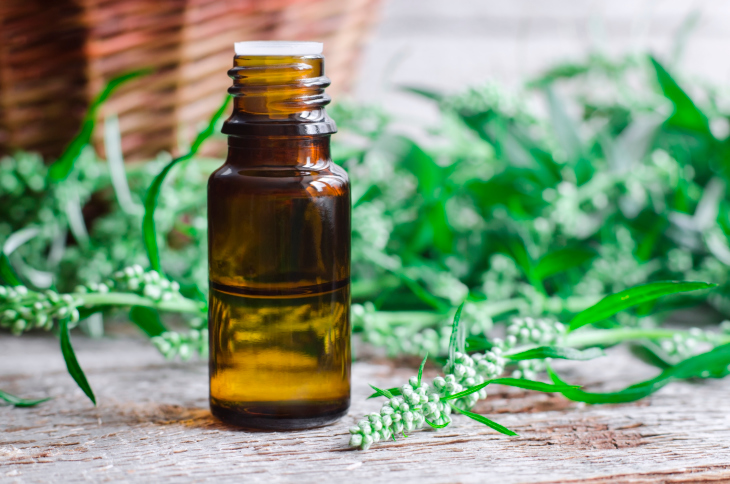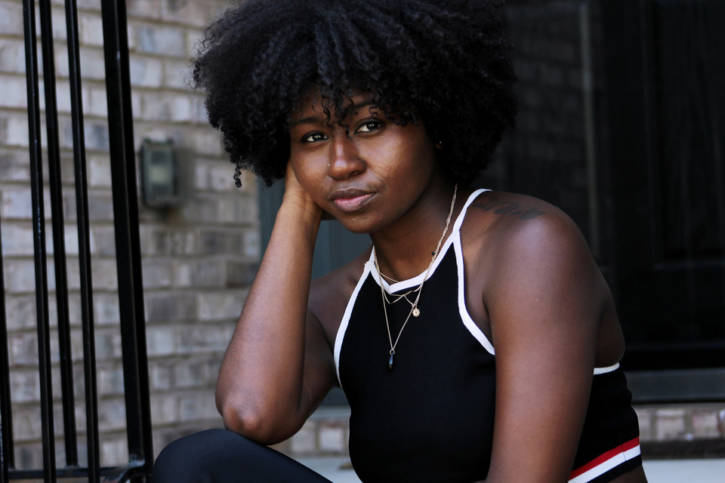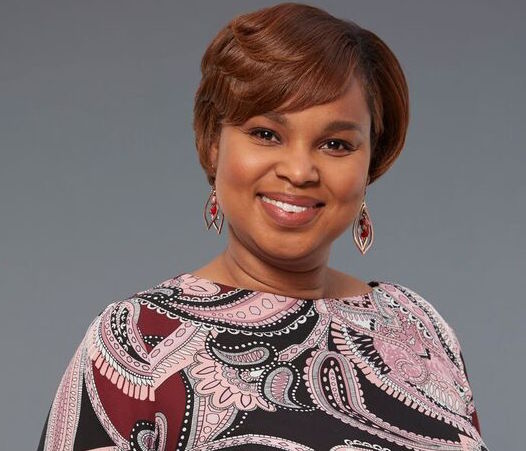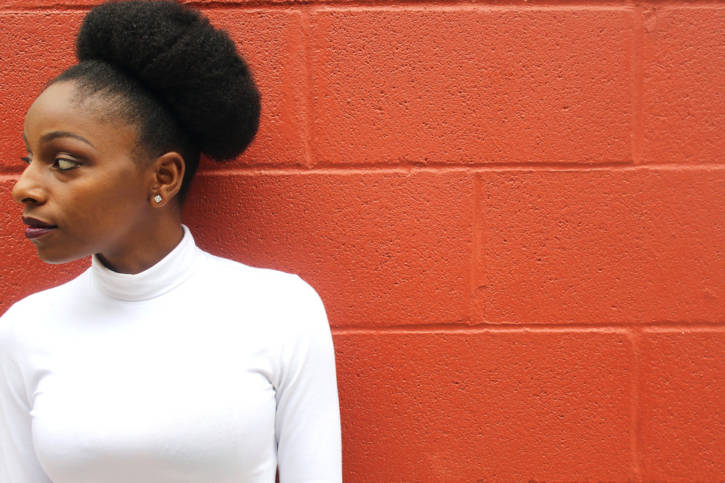 "Which oil to use?" THAT is the question! Check out some of our fans (you) favorite picks for their particular hair type. Simple and easy!
"Which oil to use?" THAT is the question! Check out some of our fans (you) favorite picks for their particular hair type. Simple and easy!
Oils for Everyday Hair Use
For the purpose of this guide, we define everyday hair as neither greasy nor dry, has not been permed or colored, holds its style and is usually shiny.
- Lavender Essential Oil
- Rosemary Essential Oil
- Lemon Essential Oil
- Geranium Essential Oil
- Cedarwood Essential Oil
- Thyme Essential Oil
- Clary Sage Essential Oil
Oils for Thinning Hair
One of the best oils for thinning hair is castor oil. Castor oil thickens hair, promotes hair growth, prevents thinning, moisturizes, helps reduce split ends, helps to tame frizz, and prevents scalp infections. Also use good, ol' extra virgin olive oil. It can help replenish the nutrients that have been lost with thinning hair.
Oils for Hair Breakage/Shedding
-
- Jojoba Oil
- Almond Oil
- Borage Oil
Oils for Dry Hair
Dry Hair looks dull and tangles may become easily prone to split ends. With the help of these essential oils, we encourage our scalps to produce our naturally occurring oils, such as:
- Lavender Essential Oil
- Rosemary Essential Oil
- Sandalwood Essential Oil
- Geranium Essential Oil
Oils For Thick/Coarse Hair
Coarse Hair as an adult is a pain, but can be managed without all of the harsh chemicals out there. For coarse hair, try these two applied evenly to your scalp and roots:
- Sesame Oil
- Avocado oil
Oils for Oily Hair
We haven't forgotten about you oily-haired people either! Oily hair looks greasy and is caused by the overproduction of sebum by our glands. This is why we want essential oils for hair that can restore the glands back to normal.
- Lavender Essential Oil
- Rosemary Essential Oil
- Lemon Essential Oil
- Peppermint Essential Oil
- Cypress Essential Oil
As with any oil on your hair, be sure to use small amounts to see how your hair adapts/changes over the next few days, and if any buildup has grown, be sure to clean thoroughly with a natural mixture.
How To Use Essential Oils For Hair Health: In The Lab With ORS Hair Care Scientist, Nikisha Horn

Long gone are the days of simply just using “grease and water” to style your kinky/curly strands, well, at least for some. As the wave of going natural with our hair kicked in and beautifully took over, many naturals dropped conventional hair care products filled with hard-to-pronounce chemicals and opted for more natural hair products.
Whether you’ve become a total product junkie experimenting with what works for your hair or have found your trusty staple products in your hair care routine, chances are those products likely are composed of some amazing ingredients, such as essential oils, to help not only style your hair, but, to improve the health of your hair as well.
BlackDoctor.org had the pleasure of interviewing the Head of Research & Development at Namaste Laboratories, LLC and ORS Hair Care Scientist, Nikisha Horn. She explained why essential oils are beneficial to your hair and how to incorporate them into your hair regimen.

Styling and Smoothing
When it comes to styling your hair, one essential oil that stands out is pequi oil.
Derived from the seeds of the Brazilian, pequi fruit, pequi oil is relatively new to the hair care community (in particular the ethnic hair community). It’s more known to be used for skin, but it does have some amazing benefits for hair too. “Not only do you get nourishing properties, but, [with pequi oil] you also get great smoothing, anti-frizz and anti-humidity properties, which we find are greatly translated into styling products,” explained Horn. Pequi oil is rich in vitamins A and E, antioxidants and natural fatty acids that penetrate into the hair to help smooth your curls and create a long-lasting hold.
Try: Smooth Control Styling Gelee
Hair Strengthening
Baobab oil comes from the seeds of Baobab fruit trees in Africa and contains vitamins A, E and F as well as omegas 3, 6, 9 and is used to help strengthen and support hair elasticity. “Baobab is a superfruit oil that is known in skincare and also has wonderful repair and nourishing properties,” said Horn.
“Moringa oil is an African oil and it gives wonderful strengthening properties as well,” shared Horn.
Try: HAIRepair Restoring Conditioner or Strand Strengthening Styling Gelee
Hair Growth
There are quite a few oils and essential oils that are great for hair growth such as lavender and Jamaican Black Castor Oil, however, Saw Palmetto essential oil has great properties that are able to stimulate healthy hair growth as well. Saw Palmetto is a plant whose berries can be used as an alternative medicine for treating hair loss and increasing healthy hair growth.
“You want to make sure you have a healthy hair and scalp environment,” says Horn. “You want to make sure you have oils that really lubricate and keep the hair in a very health state [to promote hair growth].”
Try: Saw Palmetto Oil

Treating Dry Scalp/Dandruff
Horn explained that "interceptive oils such as tea tree oil or peppermint oil" are ideal when trying to treat dry scalp or getting rid of dandruff "because what they’re doing is acting more as a soothing agent for the hair scalp." Tea tree oil has anti-fungal, anti-inflammatory and antibacterial products and is beneficial for preventing buildup and maintaining a healthy scalp.
Peppermint oil has a cooling effect that rejuvenates hair follicles, and unclogs pores, and its restorative properties help return the scalp to its normal flow of skin oils, which helps reduce dry scalp and dandruff.
Try: Tea Tree Oil
Whether your hair is natural or relaxed, essential oils truly are a gift from nature, especially when you know how to use them on your tresses.
Extracted from a wide range of plants such as flowers, seeds, leaves and peels, essential oils are highly concentrated and potent so they typically need to be diluted in a carrier oil, such as coconut, jojoba or olive oil, or in a beauty product containing essential oils. Essential oils work great when combined with carrier oils to use as a pre-poo treatment before shampooing your hair, deep conditioning mask or as a hot oil treatment.
Debunking Coconut Oil Hair Myths
 Bump what ya heard! Coconut oil is NOT the best thing since sliced bread. Although an overwhelming amount of popular YouTube and Instagram bloggers/vloggers have stood behind the oil - alleging it’s the end-all for dull, dry, and frizzy hair - Rachel Grante, Colour Director at Arthur Christine salon, nestled in Vienna, Virginia, says there’s a homogenous mixture of myths and facts about coconut oil in the world today.
Bump what ya heard! Coconut oil is NOT the best thing since sliced bread. Although an overwhelming amount of popular YouTube and Instagram bloggers/vloggers have stood behind the oil - alleging it’s the end-all for dull, dry, and frizzy hair - Rachel Grante, Colour Director at Arthur Christine salon, nestled in Vienna, Virginia, says there’s a homogenous mixture of myths and facts about coconut oil in the world today.
So, in an effort to rediscover the true value behind the natural hair product, Grante is breaking down 3 major myths—because knowledge is power!
Myth #1: Coconut oil alone is a great way to moisturize your hair.
On the contrary. “While the use of coconut oil is a good starting point for moisturizing your coif, in order for your style to last, you’ll have to lock it in with a delivery system like Eco gel. While it may feel hard to the touch—causing you to think it’s dry, the gel works as a sealant, protecting your hair from the inside out. Not only will using a product like Bee 9, Miss Jessie’s Curl Pudding or a Shea Butter help seal your style for up to 2-3 weeks, it’ll also prevent you from having to reapply daily—making sure you can make the most of your time.” said Grante. “Cream gives more of a whimsical curl. Gel gives more of a defined curl.”
“Think of it like this. When you combine water and oil, the oil floats to the top. The same applies to your hair. Your scalp consists of little sebaceous glands, which produce an oily residue known as sebum. It is the sebum, secreted around the hair follicle that keeps it moist and soft. While using light oils to form a protective barrier around your strands is okay, when you use an absorbed oil like coconut oil or shea butter, it blocks water's ability to penetrate the hair's cuticle.”
Myth #2: Coconut tames frizz and defines your curls.
Wrong again. “Oftentimes, women who look to popular beauty bloggers – who swear by slathering coconut oil through their strands, to achieve frizz-free, defined curls – and end up disappointed when they don’t receive the same results,” said Grante. “Because coconut oil does not define your natural curl pattern.”
“What they’re missing is, many times these bloggers’ natural texture and curl pattern is softer, more defined and bouncy. The coconut is also likely just one of the many products they used to achieve their look,” she said.
“My recommendation is this: For kinky coarse hair, it’s all about technique. You can’t achieve those natural tendril curls (a slender curl or ringlet) from a simple wash ‘n go. To define curls, opt for a twist-out or Bantu knots. While you can use coconut oil as a leave-in to soften curls, an Eco-gel or shea butter - as I touched on before - will coat, seal and define your style.”
Myth #3: Coconut oil combats breakage.
If it were only that easy. According to Grante, “coconut oil alone, will not prevent breakage.” There’s layers to this ish… “it involves how you brush your hair, the products you use,” etc.
“If your hair is in a condition where it’s been over-processed or fried, there’s really nothing you can do to retain your natural curl texture. You can either do a gradual cut out, the big chop, learn how to do a good blowout, or wear a weave or braids. But once it is burned, nothing, not even coconut [oil] will redefine your curl pattern.”
“A beautiful head of hair consists of eating a healthy diet, drinking a lot of water, taking vitamins or a fish oil supplement and investing in quality products, such as Brocato, smoothing and hydrating treatments or a repair me rinse. ” said Grante.
While coconut oil may not get you a healthy head of hair, Grante offered her opinion, that some people swear by it as a “skin moisturizer.”









